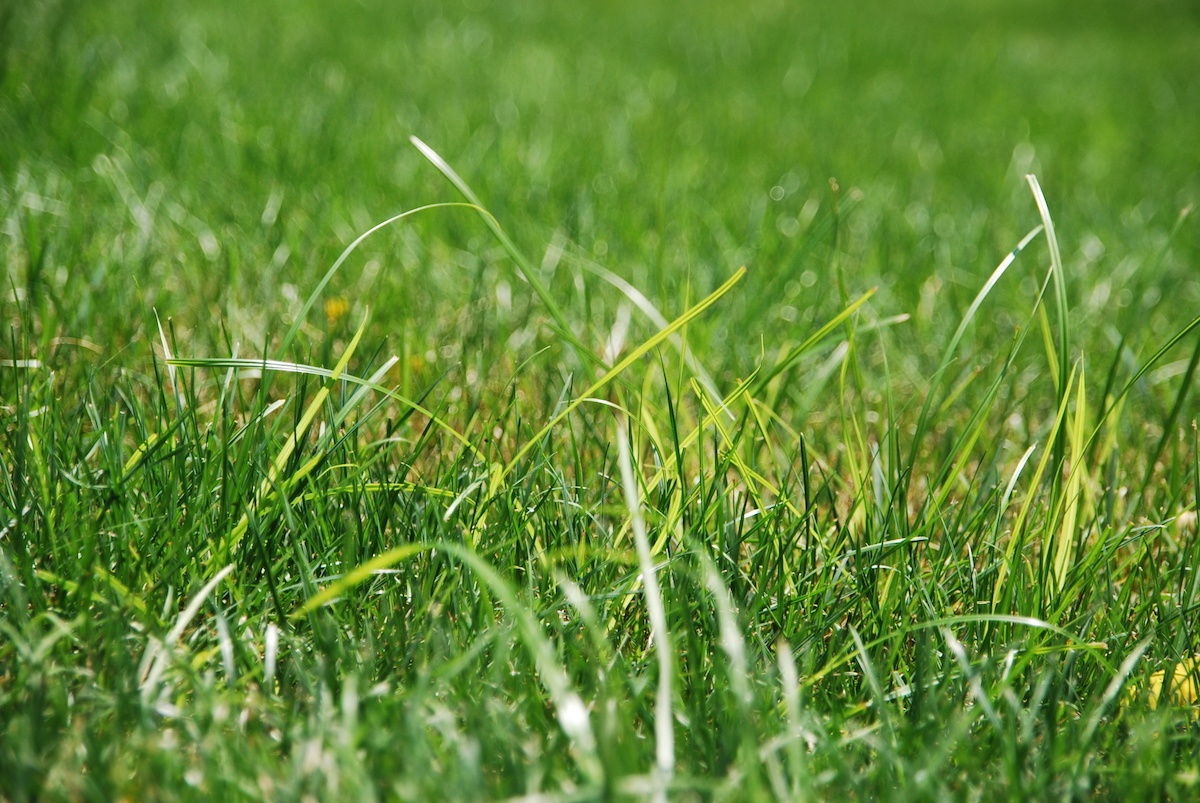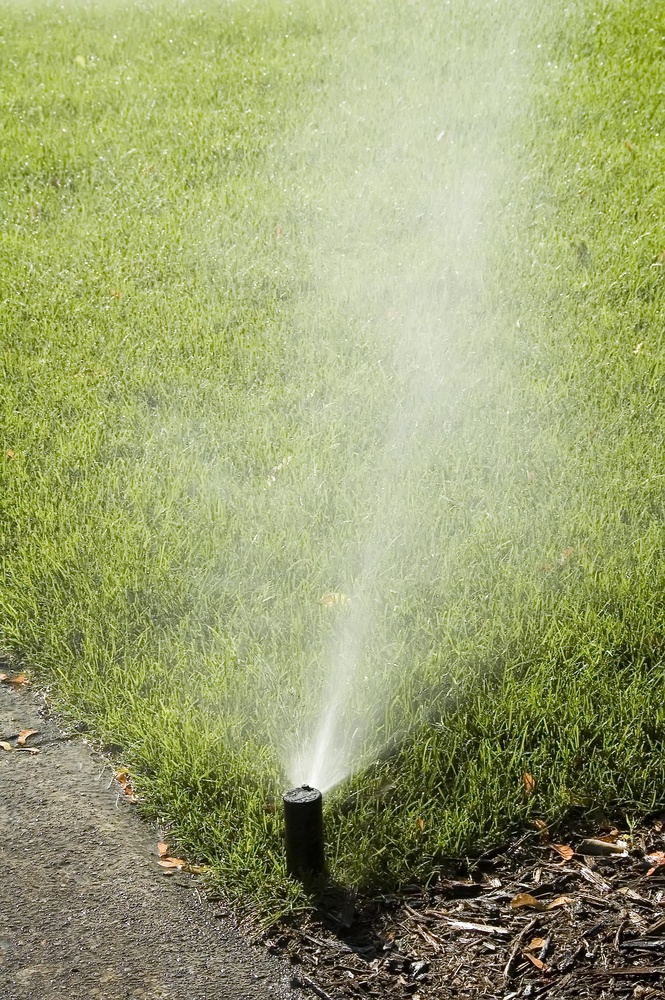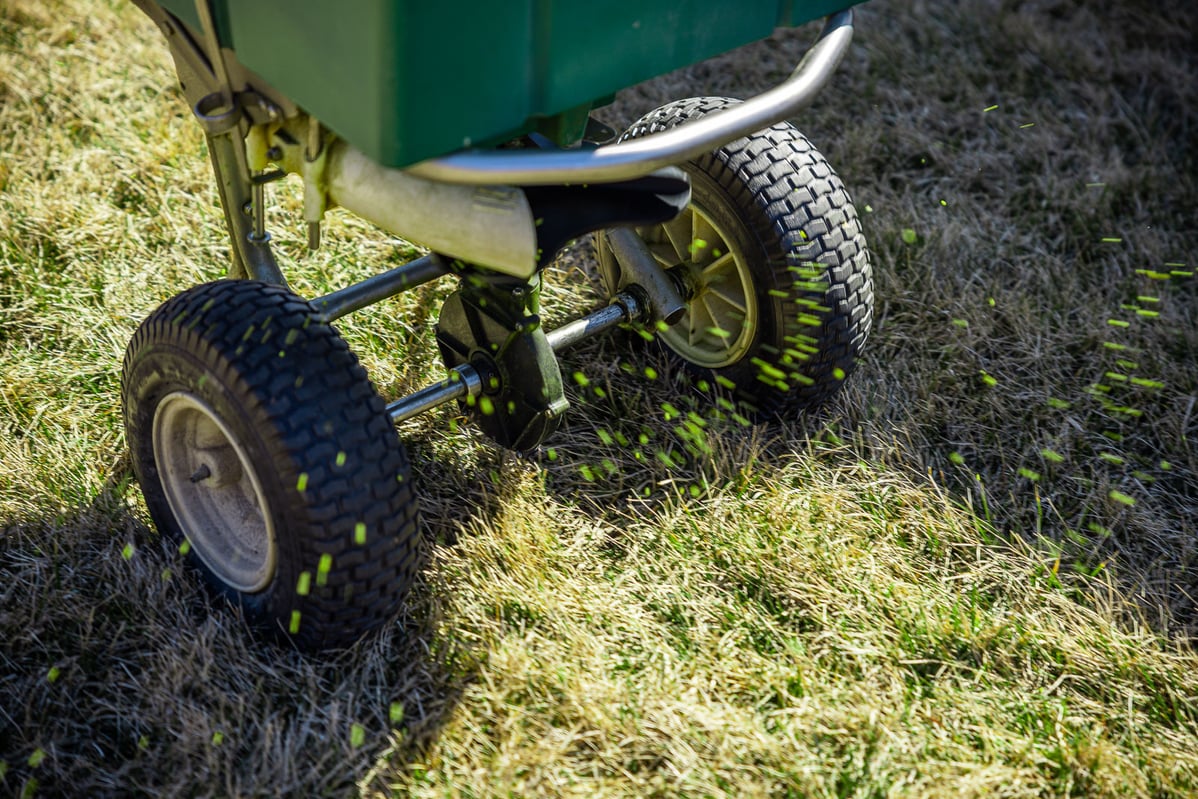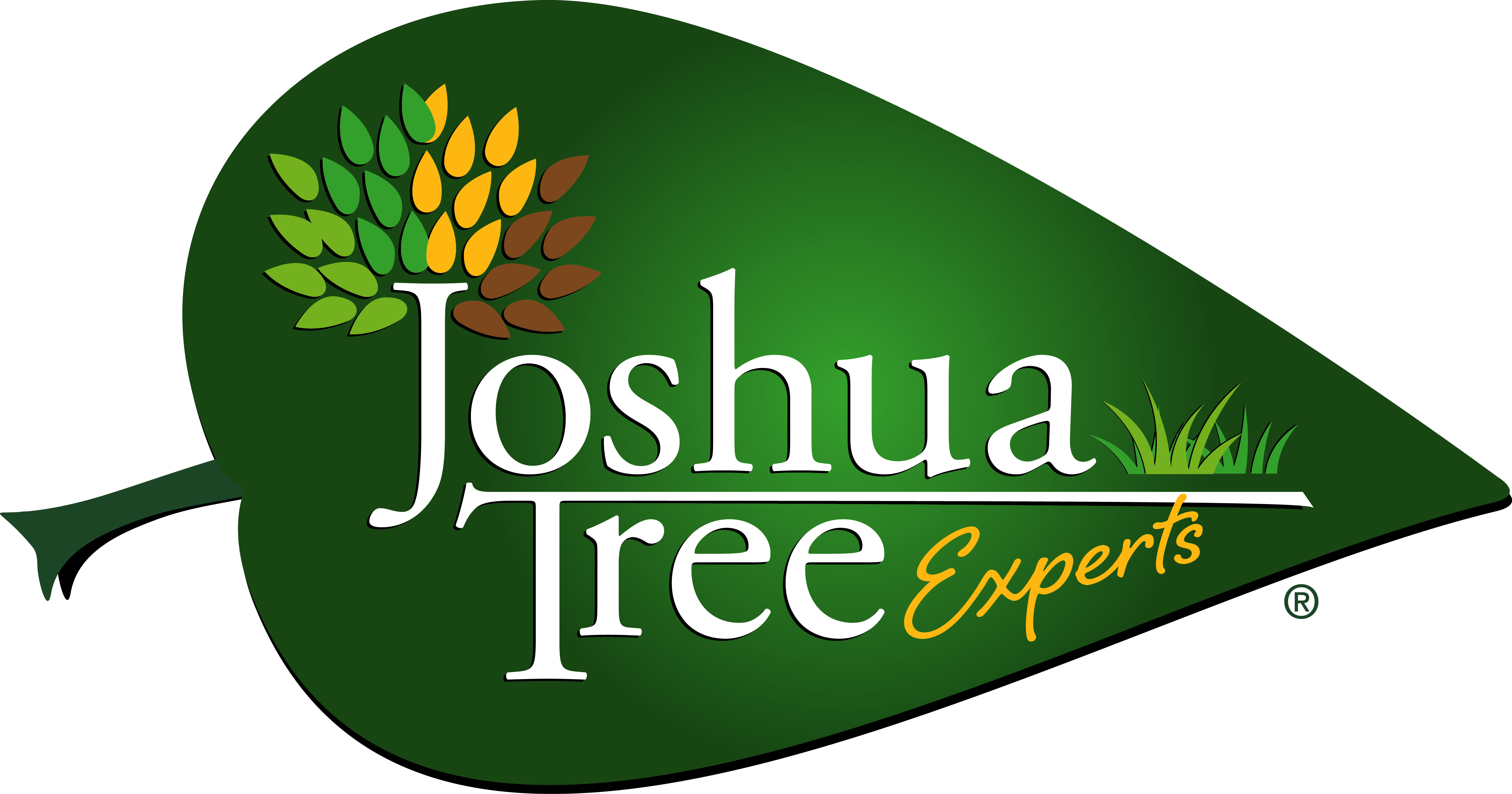We see plenty of weed varieties that you really don’t want growing on your lawn. One of the worst weeds is nutsedge.What makes nutsedge so frustrating is that it’s difficult to control. This perennial weed tends to pop up in moist areas of the lawn and can spread rapidly when the weather is warm.
In this article, we’ll cover more about this pesky weed and what can be done to control it. After all, you’ve worked hard to have a lawn that you love. You deserve to be able to enjoy it.
What is Nutsedge?
As we’ve mentioned, nutsedge is a perennial weed that grows in warmer weather. It is typically a problem in the spring and summer.
Nutsedge sometimes gets identified as a “grassy weed,” and is often even referred to as “nutgrass.” However, it is actually part of the Sedge family.

Nutsedge has a distinct “v-shape” in the way that it grows. One thing that makes nutsedge so tough to control is the fact that it reproduces via underground tubers called “nutlets.” It might be spreading underground without you even knowing.
In addition, nutsedge grows rapidly, which is another reason why it’s such a difficult-to-control weed. Nutsedge is believed to grow five times faster than a regular lawn.
How to Get Rid of Nutsedge
Whether you have nutsedge or you’re just concerned about having a future problem with it, you might be wondering about nutsedge control.
Here are a few things that can make a difference.
#1: Take Care of Drainage Issues
Because nutsedge grows in moist lawns, dealing with any drainage issues can make a difference. We are known for our compacted, clay soil that doesn’t always drain that well. But a service like lawn aeration can help the soil to drain better.
 Low spots in the yard can also be the source of a water problem. If you have significant grading issues and notice that your yard is holding a lot of water, it might help to talk to a landscaper about corrective measures.
Low spots in the yard can also be the source of a water problem. If you have significant grading issues and notice that your yard is holding a lot of water, it might help to talk to a landscaper about corrective measures.
#2: Avoid Overwatering Your Lawn
We often think in terms of underwatering a lawn, but overwatering can be a problem, too. When you overapply water, you can create conditions that are prone to fungal conditions. And if the soil gets waterlogged and is consistently moist, you could also increase the chance of moisture-loving weeds like nutsedge growing.

You should be aiming for approximately 1 to 2 inches of water each week.
Also, water your lawn in the early morning. When you water in the afternoon or evening you do not give the sun enough time to allow for evaporation. That means a lot of water just sits on your lawn.
#3: Mow Properly
Proper mowing is also a critical part of lawn care. It’s quite common for homeowners to cut their grass too short. This can be problematic as it makes the lawn susceptible to weeds like nutsedge.
Opportunistic weeds are much more likely to invade a lawn where they have easy access to sunlight and don’t have to compete with a lot of healthy turf.
To prevent this, mow your grass to a height of 3.5 inches. Also be sure to keep up with regular mowing. The goal is to cut no more than one third of the grass blade at a time. But if you wait too long to mow your lawn, this can become a problem.
#4: Implement Specialty Controls
As far as what kills nutsedge, you’ll need a program that includes specialty controls, specifically targeted for nutsedge control. Because it is an aggressive grower (growing as much as five times faster than your lawn), it may require repeated controls to keep it at bay.

Even then, it will likely come back year after year so it’s something to make sure you’re staying on top of annually.
If you are investing in lawn care services, make sure that it includes specialty controls for nutsedge.
Invest in a Lawn Care Program that is Tough on Weeds
In addition to the tips mentioned above, you’ll also want to ensure you are investing in a comprehensive lawn care program that is tough on weeds.
At the end of the day, you want to know that ANY weed that creeps into your lawn can be dealt with.
While nutsedge weed is a common one, there are many others that you’ll also likely see. This is why we take weed control so seriously. It’s critical to have a multi-faceted and comprehensive weed control program that tackles everything you might see on your lawn.
We know that homeowners’ number one lawn problem is often weeds. Our program includes different control products at different times of the year, including specialty nutsedge control when it’s needed.
On top of that, it also includes regular lawn fertilization to help promote a thick and healthy lawn. The thicker that your lawn is, the more difficult it will be for weeds to creep in. Many weeds do perform best in conditions where healthy turf struggles to grow.
While weeds can be a major nuisance, with the right approach to weed control, you can be on your way to getting rid of them and enjoying your lawn to the fullest.
With the right care for your lawn, you’ll gain valuable peace of mind. If you’re interested in having your lawn inspected and its health assured, contact us for a free quote or give us a call at 833-JTE-TREE.



